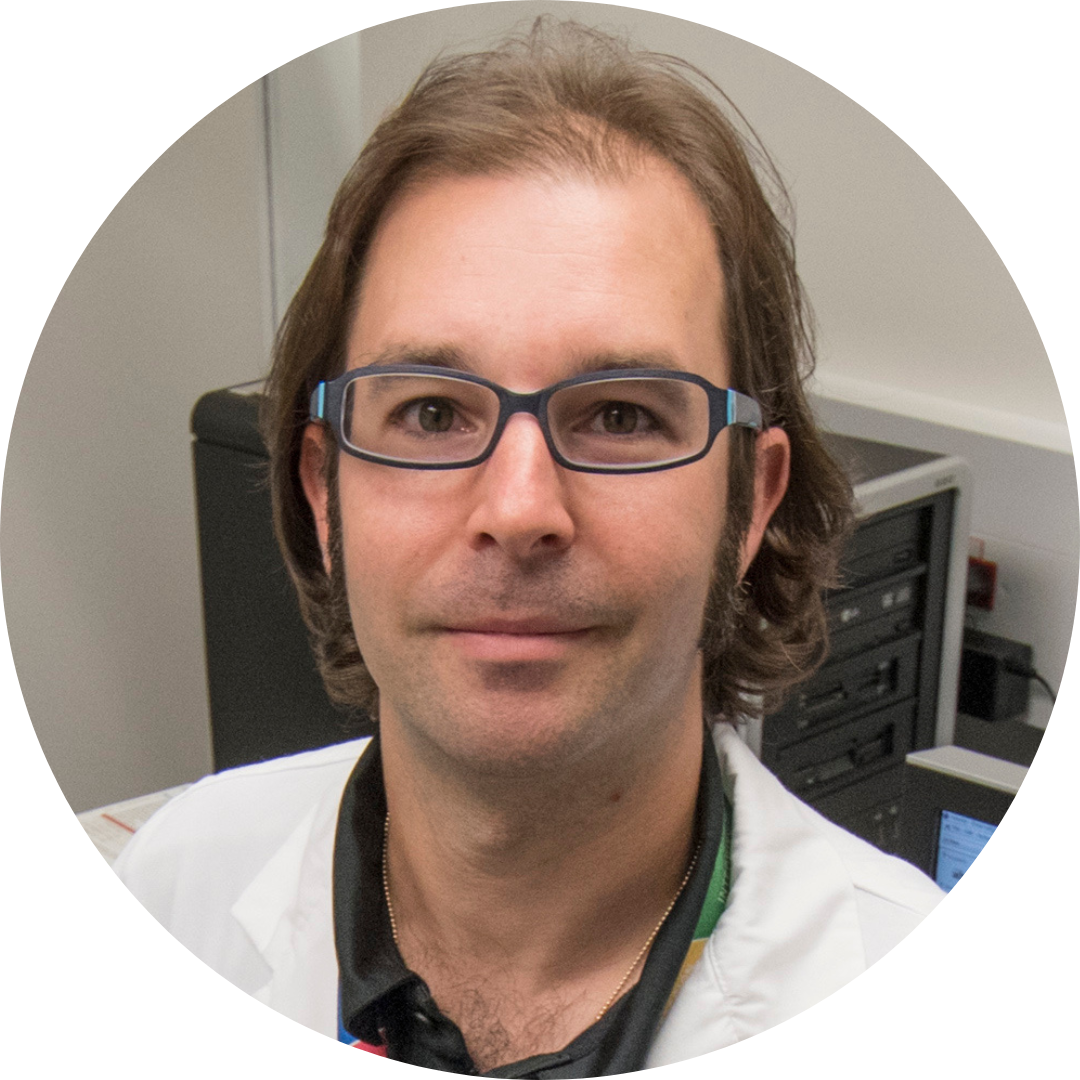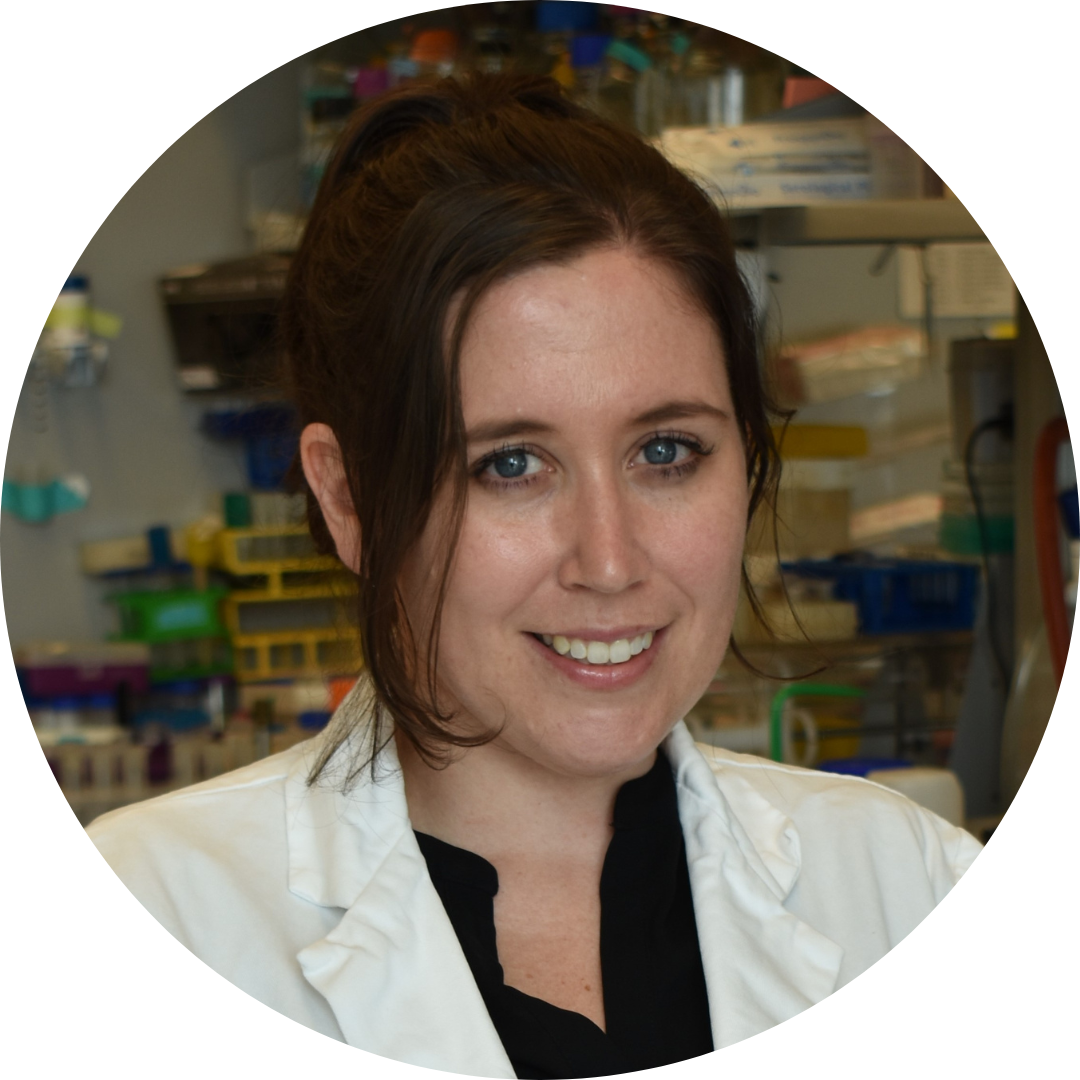Results of the 2023 Career Transition Awards Competition
The Emerging and Pandemic Infections Consortium (EPIC) is an integrated network for researchers, trainees and partners working to confront infectious disease challenges. We unite members across the University of Toronto and its hospital partners to accelerate cross-disciplinary work in the understanding and development of new countermeasures against pathogens. A key pillar of EPIC’s work is training the next generation of infectious disease research leaders that will help stop future pandemics and reduce the societal burdens of infectious disease.
EPIC Career Transition Awards support postdoctoral trainees and research associates who are ready to lead an independent project. The awards will establish a discrete fund for the recipient to facilitate an achievable, small-scale project led entirely by the applicant, while being mentored by their supervisor and a dedicated mentor in the EPIC community. This work is intended to become a cornerstone of their independent program as they develop the next stages of their career.
We are pleased to share the results of our inaugural Career Transition Awards competition that we launched in March 2023.
Total investment
Meet our 2023 Career Transition Awards recipients

Michael Litvack
Hospital for Sick Children
Supervisor: Martin Post (Hospital for Sick Children)
Project title: Using stem cell-derived macrophages to combat pulmonary viral infections

Véronique Taylor
Department of Biochemistry, Temerty Faculty of Medicine
Supervisor: Karen Maxwell (University of Toronto, Temerty Faculty of Medicine)
Project title: The impact of bacterial cell signalling on anti-phage defence in Pseudomonas aeruginosa
Project summaries
Michael Litvack: Using stem cell-derived macrophages to combat pulmonary viral infections
Influenza A Virus (IAV) – or more simply “flu” – is the primary infectious agent that causes our seasonal flu outbreaks and can lead to pandemic level health emergencies due to seasonal strain changes and lack of population immunity to them. Though advances have been made over decades to supply health care systems with vaccines, very few new disease treatments or preventions have been established. My project focuses on a new experimental approach whereby we have developed a specialized immune cell from stem cells – specifically adapted to function in the lungs – that inactivates respiratory viruses in viral lung infections and reduces viral lung disease in animal experiments. For this project, I am seeking to test the ability of this special stem cell-derived immune cell to inactive the flu virus and reduce respiratory disease in experimental animals infected with flu (IAV). I plan to test and compare how these cells inactivate different strains of flu. By researching these cells in experimental animals and then translating our knowledge of them to the human immune cell counterpart we will be able to understand the mechanisms by which these cells inactivate respiratory viruses. This information can be used to modify the cells to create viral therapeutics that reduce respiratory viral diseases in humans, including the virus that causes COVID, and lower the burden on health care systems. This project will establish the research platform from which I will broaden its application during my future career development.
Véronique Taylor: The impact of bacterial cell signalling on anti-phage defence in P. aeruginosa
Bacteria are becoming increasingly resistant to antibiotics, leading to 1.27 million deaths worldwide this year. There is an urgent need to develop effective new treatments for these infections. Bacteriophages, small viruses that are natural predators of bacteria, provide an attractive alternative for therapeutic use. However, as bacteria encode many defence systems to protect them from phage infection, a more thorough understanding of phage-bacteria dynamics is required before they can be effectively deployed. My work will focus on Pseudomonas aeruginosa, a notoriously difficult to treat human pathogen. I will create a comprehensive library of all anti-phage defence systems in P. aeruginosa, and these systems will be monitored for changes in expression in the presence of bacterial signaling molecules. This will establish whether bacteria communicate to warn each other of impending phage infection, and if those signals drive expression of anti-phage defence systems. This is the first comprehensive study to examine how bacteria respond to phage infection and ultimately protect themselves. The knowledge gained in this study will allow us to develop highly effective phage therapy treatments.


